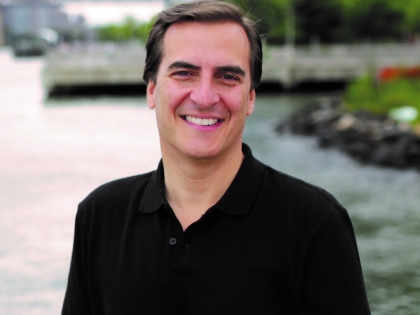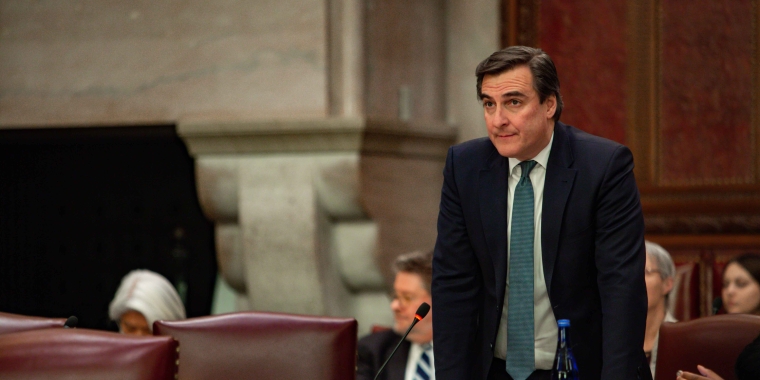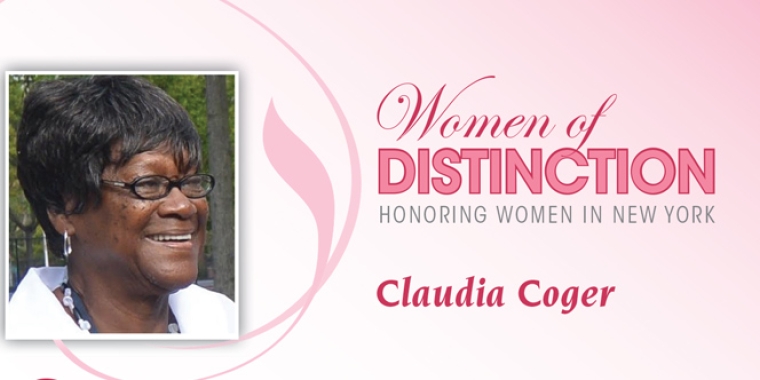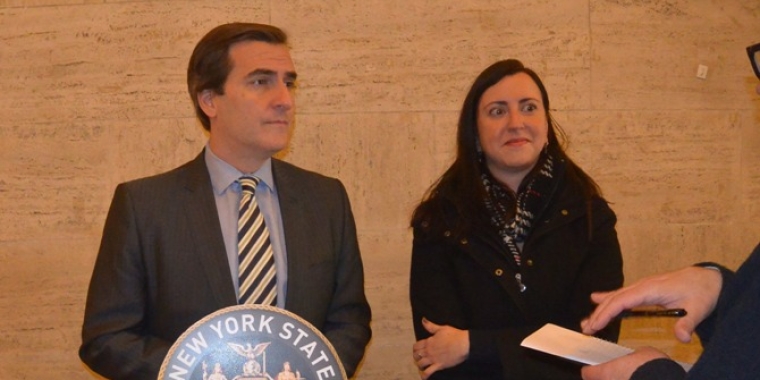
Albany Times Union Editorial: Unethical loopholes

Imagine a judge getting appointed to the bench with the help of lobbying underwritten by unknown donors. It doesn’t exactly shout “judicial integrity.”
Sadly, you don’t have to imagine this. It’s how the system is allowed to work in New York, as displayed in recent weeks in the most high-profile state judicial nomination in years.
And judges — in this case, the highest judge in the state — aren’t the only concern here. The way state lobbying rules are written, the secrecy extends to all appointments, even to the seats on boards of state bodies that have direct influence on New York residents and businesses.
In what universe is this good, open government?
As the Times Union’s Joshua Solomon explains, Justice Hector LaSalle, Gov. Kathy Hochul’s nominee for chief judge of the Court of Appeals, has been the focus of a campaign by a group called Citizens for Judicial Fairness. The group is said to have spent an estimated $75,000 to $100,000 on the effort so far, money that went to things like signs for people demonstrating at the state Capitol on Justice LaSalle’s behalf.
We say “estimated,” because the group didn’t have to report its activities to the state Commission on Ethics and Lobbying in Government. Neither did another group, called Latinos for LaSalle — which, interestingly, includes several registered lobbyists who have to report their activities on legislative lobbying. But not on this.
With the state Senate Judiciary Committee deciding not to recommend Justice LaSalle for confirmation by the full chamber, it appears unlikely that he will get the job, although Gov. Hochul has not withdrawn his name. So the under-the-radar lobbying can go on, and who is footing the bill to promote this candidate for the state’s top judicial job can remain a mystery.
It’s an unseemly situation, with New Yorkers in the dark as to who is paying to try to get a judge appointed — something the public is normally entitled to know when a judge for a lower court is running for election and has to report campaign donors. That’s as it should be, especially when it comes to more than minor sums of money. Whose financial generosity a judge may owe their job to is very much a matter of public interest.
The same goes for all other public appointments. New Yorkers should know, for instance, who might be spending substantial sums on a professional pressure campaign directed at the governor to get a particular person appointed to the Public Service Commission, which makes decisions about utility rates. Or who’s pushing to get someone a seat on New York’s dozens of public authorities, which are responsible for the back-door borrowing of nearly $325 billion.
The Commission on Ethics and Lobbying in Government should look to close these loopholes, or press the Legislature if necessary to expand the laws on lobbying to cast a much wider net. It’s this simple: Before people are given the power to sit in judgment over us, or draft regulations we have to live under, or rack up debt that we may be ultimately responsible for, we ought to know is spending serious money to give them that power.


